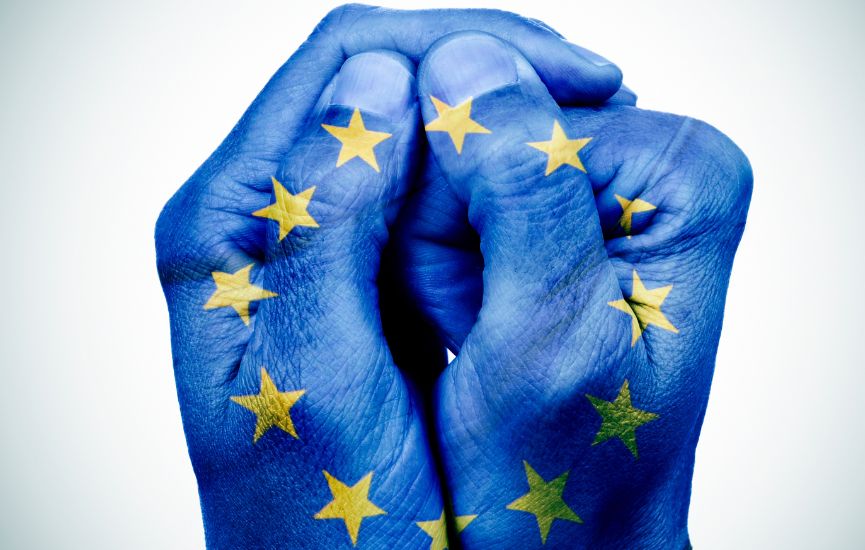VIENNA – The EU and its member states need to step up efforts and commit to internal coherent to improve their credibility and external projection as a democratisation actor, which includes increasing efforts to advocate for enlargement internally, recommends Policy Brief “How to support democratisation in the Western Balkans”, published within the WB2EU Network.
According to author, a concrete accession date combined with a strong conditionality would help reset the EU enlargement process in the Western Balkans. The Policy Brief adds that progress the democratisation of pre-accession countries has directly benefitted their EU accession path.
“Therefore, stronger EU support for the democratisation of candidate countries should lead to more progress within the EU accession process”, author adds.
The Policy Brief claims that the EU pre-accession process in the Western Balkans needs stronger political support for democratisation by the EU and its member states.
It is added that only progress on the democratisation path can lead to a successful and sustainable transformation of the EU candidate countries.
“Once EU accession negotiations are opened, the EU should keep its monitoring and involvement at a high level, since as long as the accession perspective is not underlined with a realistic accession date, the processes are becoming a bureaucratic window dressing exercise”, author writes.
He explains that over the last 20 years the Thessaloniki Summit democratic developments in the six countries have been uneven and characterised by both democratic progress and democratic decline in each of the countries.
According to Policy Brief, improvements in the democratic performance of the WB6 countries have usually directly benefited their EU integration path, adding that North Macedonia and Kosovo were the two countries that made progress on their democratic development paths, despite the less encouraging prospect of EU accession.
“The EU should flank its support for democratisation with clear political measures and further increase its security presence on the ground”, author writes.
He adds that EU and its member states should focus on supporting genuine grassroots pro-European actors and increase the pressure on government to enable democratic participation.
“They should clearly side with the pro-European population to show their support. They should clearly side with the pro-European population to show their support. The negative conditionality of the Instrument of Pre-accession Assistance (IPA) III funds should be used, meaning the possibility of adjustement or even suspension of funds in case of a significant decline or continued lack of progress in fundamental areas, including the fight against corruption, and organised crime, and media freedom”, Policy Brief recommends.
It is added that the EU aid to governments should be transparent and reviewable by citizens, and the support programmes for civil society should not depend on changing donor funding trends but to include a bottom-up programming process in which civil society and ordinary citizens are involved in the priority setting.
According to author, this would increase the coherence of the struggle for democratisation and reduce the perception of civil society organisation as actors that are disconnected from the population.
“The EU and its member states should always side with the pro-EU majorities in the populations until they are able to ‘generate sufficient electoral momentum to bring to power reformist leaders. Finally, the EU and its member states are also responsible for advocating internally for the acceptance of another EU enlargement round”, Policy Brief explains.
The author concludes that as long as the internal message to EU citizens is not coordinated and convincing, the external projection of a transformative effect will remain weak.
The Policy Brief is published in the framework of the WB2EU project. The project aims at the establishment of a network of renowned think-tanks, do-tanks, universities, higher education institutes and policy centres from the Western Balkans, neighbouring countries and EU member states that will be most decisive for the enlargement process and Europeanisation of the region in the upcoming years. The WB2EU project is co-funded by the European Commission under its Erasmus+ Jean Monnet programme.


